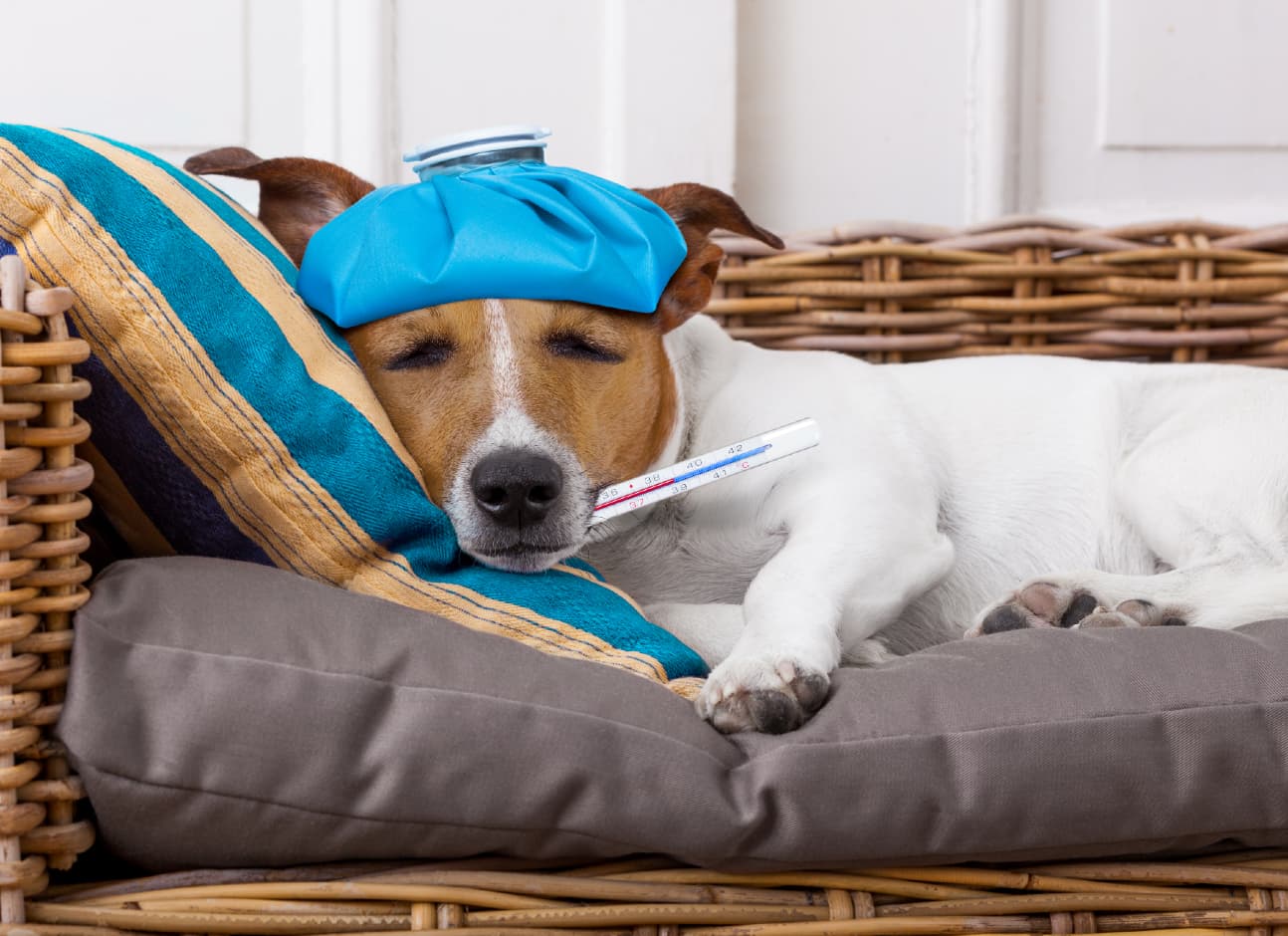The highly contagious parvovirus, or parvo for short, is a virus that affects dogs and is primarily transmitted through contact with infected feces or contaminated environments. This virus can result in severe gastrointestinal symptoms such as vomiting, diarrhea, and dehydration, leading to life-threatening conditions. It is especially dangerous for puppies, senior dogs, and dogs with weakened immune systems. One question that arises in pet owners’ minds is whether dogs can contract parvo more than once. This article will delve into this question and provide all the necessary information in a highly perplexed and bursty style.
Can Dogs Get Parvo More Than Once?
The straightforward answer is that dogs can get parvo more than once, albeit relatively uncommonly. Upon recovery from parvo, a dog’s immune system develops antibodies that can shield it from future infections. These antibodies can last for a prolonged period, so veterinarians usually suggest vaccinating adult dogs against parvo every three years. However, in some instances, a dog’s immune system may not produce enough antibodies to protect against the virus, making them susceptible to reinfection.
How Does Parvo Spread?
Parvovirus is highly contagious and can spread rapidly among dogs in areas with high traffic, such as dog parks, boarding facilities, and shelters. The virus is present in the feces of infected dogs and can survive in the environment for an extended period, making it highly transmissible. Dogs can contract the virus by ingesting contaminated feces or contacting contaminated objects or surfaces. Once infected, the virus attacks rapidly, dividing cells, such as those in the intestinal lining, bone marrow, and lymph nodes, leading to severe symptoms.
What Are the Symptoms of Parvo?
Parvo symptoms can vary from mild to severe and usually appear within 3-10 days of exposure to the virus. Common symptoms include vomiting, diarrhea, often bloodiness, loss of appetite, lethargy, dehydration, and fever. If you suspect that your dog has parvo, it is critical to seek veterinary care immediately. The disease can progress rapidly and can be life-threatening, especially in puppies and senior dogs
How Is Parvo Diagnosed and Treated?
Diagnosing parvo involves a combination of physical examination, blood tests, and fecal tests. Additionally, veterinarians may perform imaging studies, such as x-rays or ultrasounds, to evaluate the extent of the disease. Treatment for parvo usually entails supportive care, such as intravenous fluids and electrolyte supplementation, to manage dehydration and maintain blood pressure. Antibiotics may also be necessary to prevent secondary bacterial infections. In severe cases, hospitalization may be required.
How Can You Prevent Parvo?
Preventing parvo is crucial for the health and well-being of dogs. The most effective way to prevent parvo is through vaccination. Puppies should receive a series of vaccinations starting at 6-8 weeks of age and continuing every 3-4 weeks until they are 16 weeks old. Adult dogs should receive booster vaccinations every three years to maintain immunity. Additionally, it is essential to keep your dog away from areas where infected dogs may have been, such as dog parks or shelters, and to clean up after your dog promptly.
Conclusion
In conclusion, dogs can contract parvo more than once, and pet owners must take necessary precautions to protect their furry friends. Proper vaccination and hygiene practices can reduce the likelihood of a dog contracting parvo and experiencing severe health complications.
